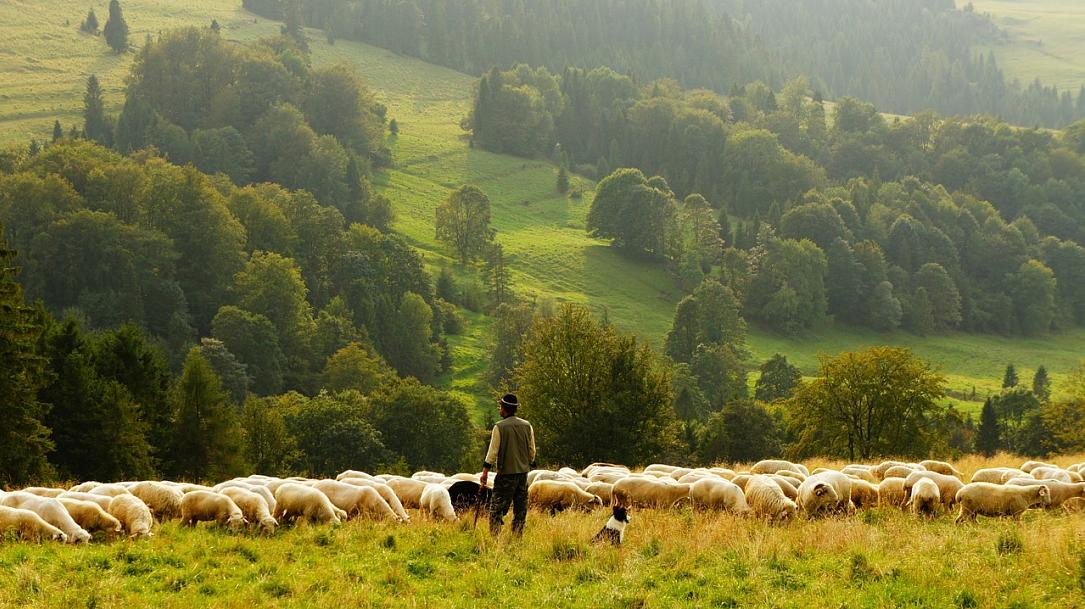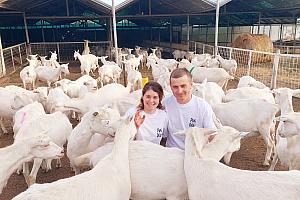Romanian farmers turn to Bangladeshi shepherds to cover domestic shepherd shortage

Hit by an unprecedented lack of shepherds for hire, farmers in Romania’s Moldova region are often forced to slaughter their animals or hire workers from outside the EU rather than leave them untended.
Despite being offered decent wages – up to RON 5,000 (EUR 1,000) – young Romanians avoid taking up shepherding. Coupled with countryside depopulation, this has led to a severe shortage of shepherds in Romania’s northeast. Those who remain have families, but even they found conditions from abroad to be too attractive to refuse.
“I have a two-year contract, a work permit, a family doctor, and all utilities ensured in Italy. I send around EUR 700 back home every month,” said Ion Ene, a Romanian shepherd in Italy, quoted by ProTV.
Other Romanian shepherds who left for Western European countries say they have more free time and better conditions, aside from higher wages.
Ionică Nechifor, president of the Moldovovis Association of Sheep Breeders and director of the Popăuţi Research Station in Botoşani, says that experienced Romanian shepherds are hard to come by, while younger ones refuse to do the work. He estimates that his county would need twice as many shepherds as it has now.
“My research station needs 11 people tending to the animals, but I only have 5! A colleague of mine from Piatra Neamţ contracted four shepherds from Bangladesh,” Nechifor stated for Adevărul.
andrei@romania-insider.com
(Photo source: Pixabay.com)
















